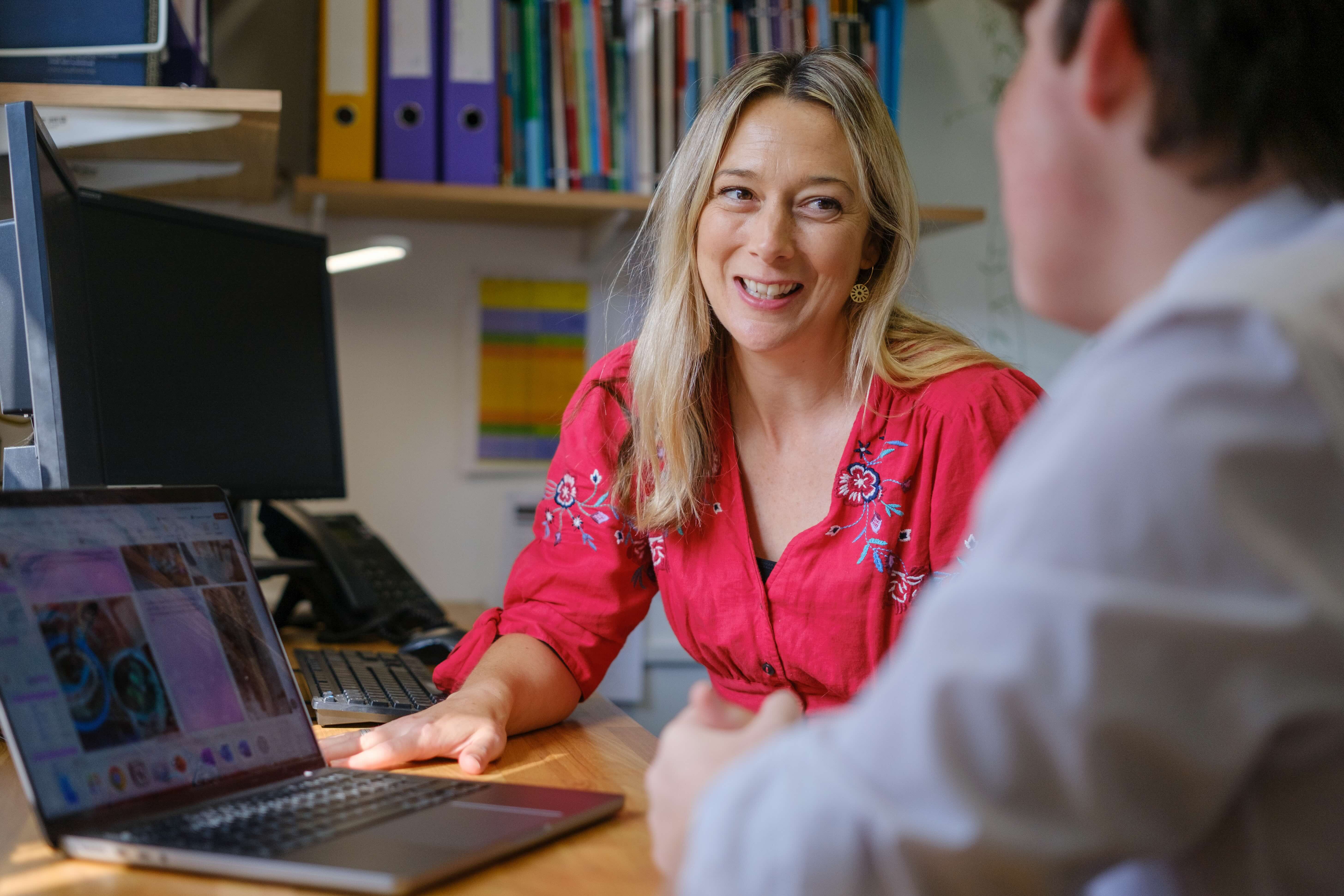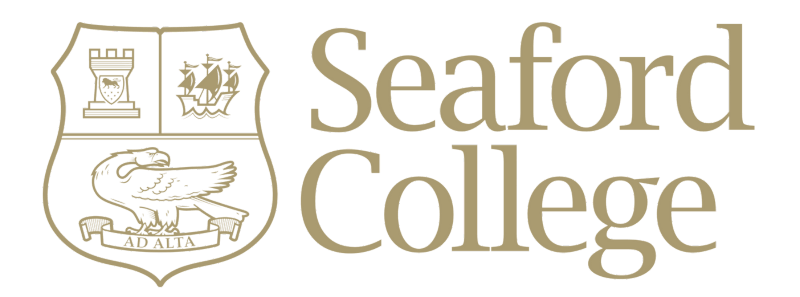At Seaford, we believe all students should be given the opportunity to reach their full potential. Our aim is to help them achieve this by supporting them in their academic career by empowering a personal understanding of how they learn best.
The requirements of a 21st century workforce continue to be diverse and require a vast array of skillsets. We recognise the importance of teaching children to achieve in a holistically mixed setting, where each student is encouraged to work with their strengths.
To help any student who may need additional support, we have a dedicated Access and Achievement Centre, located at the centre of campus. We have highly specialised learning support staff, who treat each student as individuals with differing needs to be met and opportunistic strengths to be encouraged. Our team liaise closely with pastoral and subject staff to facilitate a student's learning experience.

The LS team’s response to our daughter’s struggle this term has been outstanding, and has made the difference between night and day. Supporting a child with learning difference through school can be hard, but with an LS team ready to respond with such compassion and energy makes that job so much easier. They included us (parents and daughter) closely in reaching a plan of action, which was wonderful, and resulted in a highly effective outcome. Our children need all the help they can get in a system that isn’t made for them and I now feel confident that they will get it at Seaford."
Mrs Strong, Prep School Parent
It is vital that we have a relationship of trust with our students, so that we can help them overcome any previous sense of failure and grow in self-confidence. We fully involve parents in that relationship, and encourage regular face-to-face contact between parents, students and staff. Each SEN student has tailored profiles, indicating their individual needs within the classroom and their wider academic targets to strive towards independence.
I’ve been to a lot of schools who say they are good at SEN,’ said a weary mum, ‘but here it isn’t just a soundbite.’ The unit describes an approach that involves nurturing and developing individual potential, working hard to increase confidence, by not pointing out what’s wrong, but what’s right, and how to improve."
Good Schools Guide
Before starting at Seaford, our Learning Support Team undergo screening tests, to identify any particular educational needs that may not have previously been identified. Any results of concern are then shared with parents and students, and form the basis of the start of their journey at Seaford.
Each member of the team will develop a tailored programme to suit a student’s preferred learning style, which may include one-to-one lessons at the Learning Support Centre or attendance at the bi-weekly Academic Confidence Clinic. Please note that the School is only able to offer one learning support lesson per week.
They’re expected to achieve as well as anybody else, but ‘it might just take them longer to get there, and they might get there in a different way,’ said the head of the unit. They have had a number of high-achieving dyslexics."
Good Schools Guide
Additionally, parents are contacted on a regular basis, to ensure consistency of provision and appropriate care. Timetabling of any learning support lessons is carefully managed to ensure that no core subjects are missed and that students do not miss subjects that they particularly enjoy.The Academic Access and Achievement Centre offers help to any student, regardless of ability. Some students do refer themselves to the department and asking for help at Seaford is actually encouraged as one of the first steps towards independence and self-motivation.
Their approach yields results. A parent spoke of her son’s confidence soaring; another described how her severely dyslexic son ‘changed overnight’ here. Having been told at his Prep that he wouldn’t be able to sit GCSEs, he is now at the School of Architecture in Oxford, having left Seaford with three A Levels and an EPQ."
Good Schools Guide


